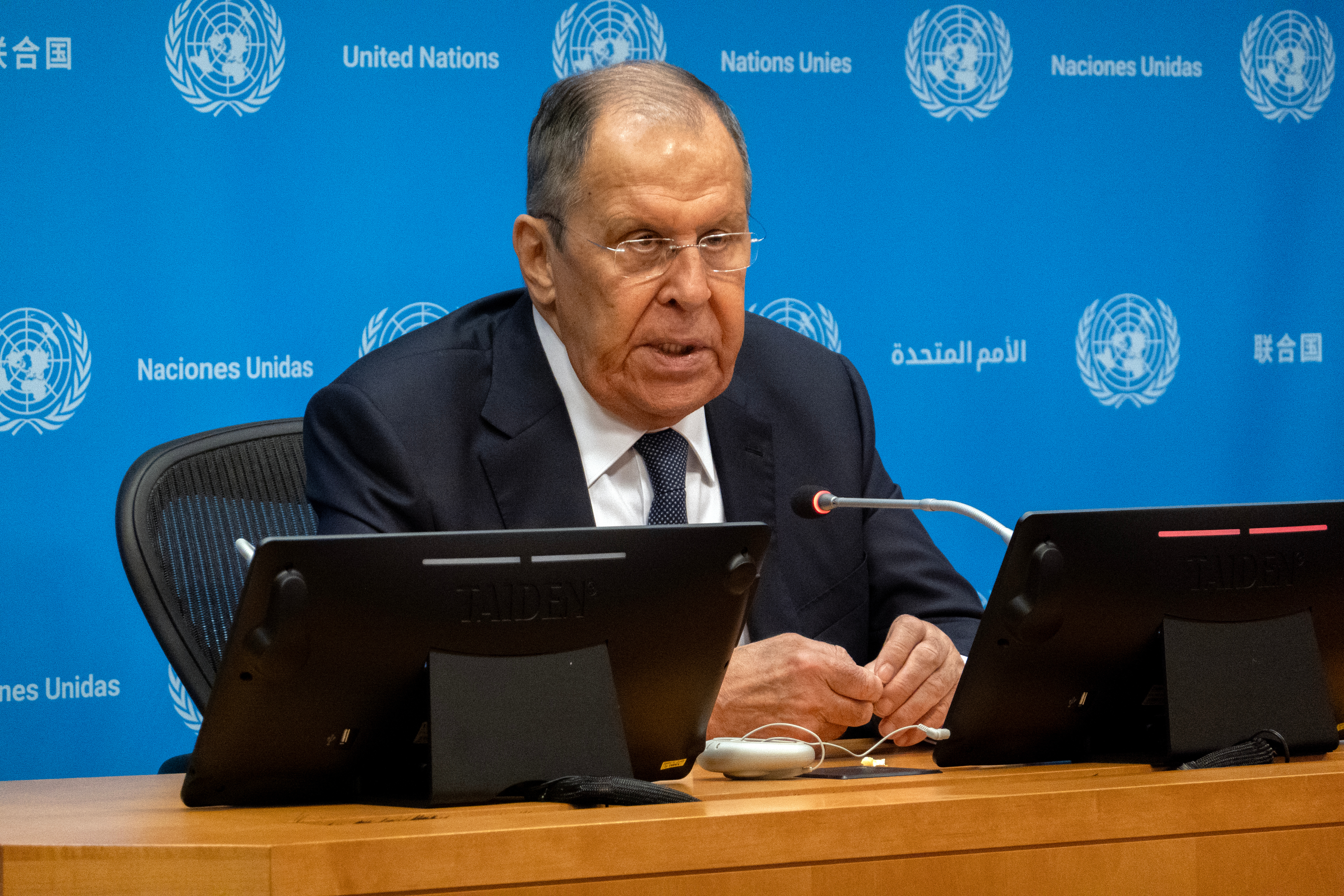
UNITED NATIONS - Russian Foreign Minister Sergei Lavrov said on Saturday that the "snapback" mechanism for sanctions against Iran was a trap.
The mechanism was included in UN Security Council Resolution 2231 that endorsed the 2015 Iran nuclear deal, following direct negotiations between the Iranian foreign minister and then US secretary of state at the time, Lavrov told reporters.
This mechanism is not a typical arrangement, he said, adding that in essence, it allows any party to put sanctions relief to a vote and a Security Council member with veto power could unilaterally block it, opening the way for the return of sanctions.
The Iranians agreed to it because they had never anticipated a US withdrawal from the deal in 2018, said Lavrov, who was involved in the negotiations for the deal, formally known as the Joint Comprehensive Plan of Action (JCPOA).
ALSO READ: Iran slams US, Europe as nuclear deal sanctions set to resume
After the US withdrawal, Europe, instead of demanding that the United States go back to its obligations, also started to shy away from commitments to the deal. The Europeans are now cherry-picking what they want from Resolution 2231, said Lavrov. "And what they want is this exotic mechanism for a snapback."
The snapback mechanism was created as a trap for Iran, just yet another piece of proof that Iran did not intend to violate its commitments to the nuclear deal, he said.
The UN Security Council failed on Friday to adopt a resolution drafted by China and Russia that would have extended the JCPOA and Resolution 2231.
Lavrov warned against launching the procedure for the restoration of sanctions against Iran, noting that "it will deal a major blow to the credibility and the authority" of the United Nations.
Under Resolution 2231, the UN sanctions in place before the adoption of Resolution 2231 in 2015 would resume 30 days after the notification, unless the Security Council adopts a resolution to decide otherwise.
READ MORE: Iranian president meets European leaders, says ready to address nuclear concerns
"We wanted to extend the Iran nuclear deal in its entirety without adding anything or crossing anything out in all its aspects, so it would continue to be in place for the time when we hoped we could continue negotiations," Lavrov said Saturday, adding that Iran is still prepared to have dialogue, maybe an indirect one through mediators and with the three European participants (E3) of the Iran nuclear deal -- Britain, France, and Germany.
Iran was holding conversations with the E3 lately. However, the outcome of those negotiations just proves that from the very beginning, the European trio was trying to find any pretext to bring back sanctions, he said.
The E3 recently said that they have triggered the snapback mechanism, by notifying the Security Council of Teheran's "significant non-performance" on Aug 28.
However, the legality of the E3's move has been questioned as it has skipped the Dispute Resolution Mechanism provided for in the Iran nuclear deal and Resolution 2231.
Both Iran and Russia stated that the snapback of sanctions is legally null and void as the E3 were not in good standing to activate the mechanism.


